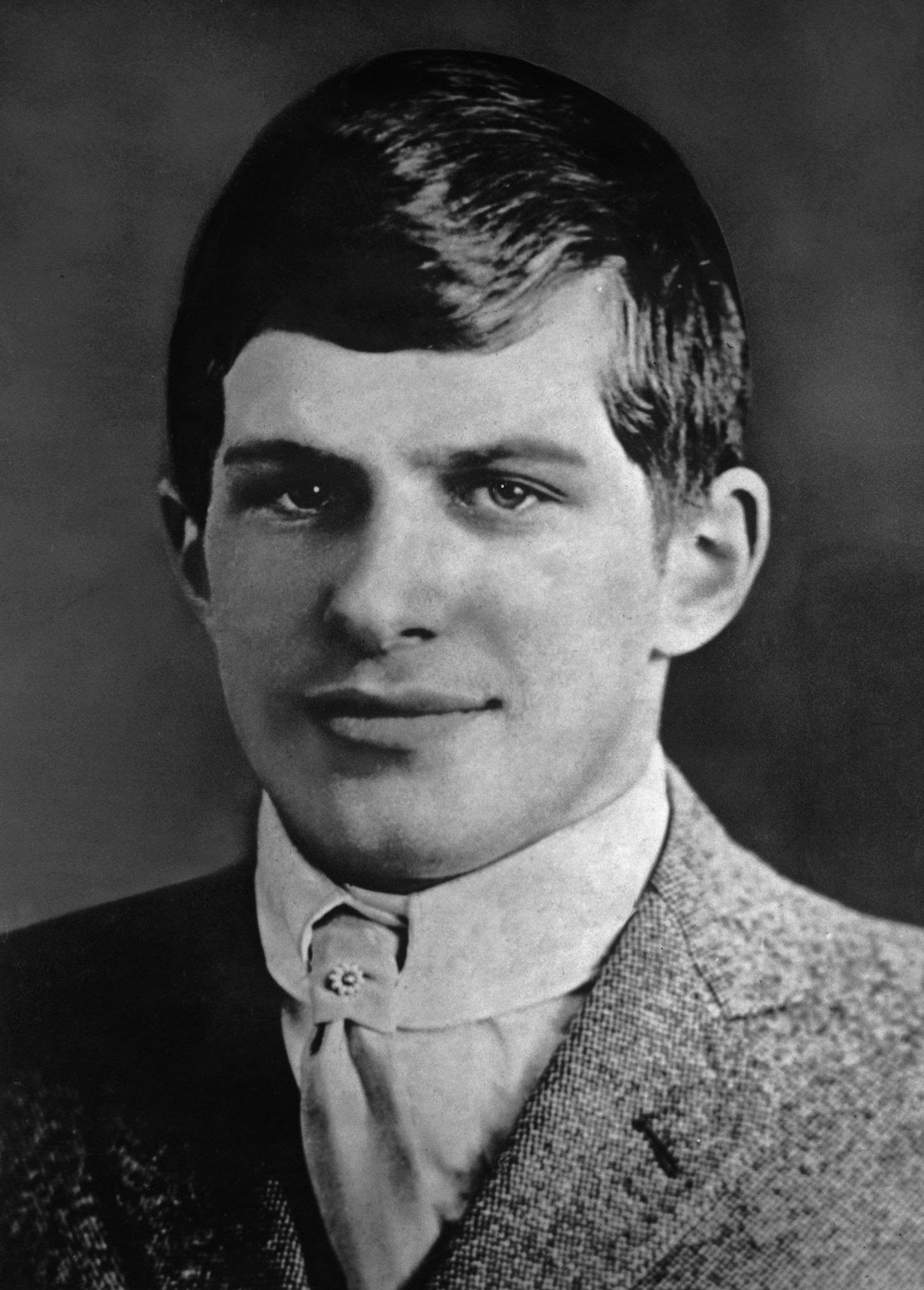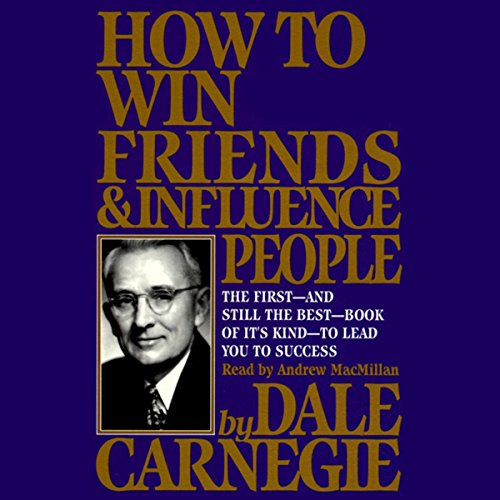#21 - Communication, the tip of the spear
What good is being good, if you cant prove it?
Welcome to this weeks edition of Tuesday’s Rule. A breakdown of a “life-rule” that I find to be useful or interesting.
Let me introduce you to two men who tread paths in early 20th-century New York.
Their physical paths may have crossed, but the trajectory of their lives could hardly have been more different.
One was born with incredible natural abilities, the other with very modest ones.
One was born to parents of prominence, the other to impoverished farmers.
One had the world at his feet before he was a teenager, the other is still influencing people 70 years after his death.
William James Sidis was born in 1898 to Boris Sidis, a brilliant psychologist and Sarah Sidis, a physician. From an early age, it was clear that he possessed extraordinary intellectual abilities.
He could read by age two, was fascinated with complex mathematics and spoke eight languages by age six!
Sidis was accepted into Harvard University at age 11, making him the youngest student to enrol at the famous college. He graduated aged 16.
Dale Carnegie's early life - by contrast - was marked by poverty and modest achievements. One biography said he was born into a life of "hard times, hard work and failure". The same biography described his father as a "farmer with a knack for cultivating very little besides bad luck".
Carnegie grew up on a farm in Missouri and attended the State Teacher's College in Warrensburg, where he struggled to distinguish himself.
If you had met these men as teenagers, you would have zero doubt about which of them was going to make a mark on the world.
But fast forward a few decades and one of them had changed the world, whilst the other was alienated, misunderstood and reclusive before dying alone in his 40s.
This is a tale about the power of the ability to communicate, and that is what makes this week’s rule:
Communication is the tip of the spear. Make sure it is as sharp as possible
Dale Carnegie left college with unremarkable grades, but discovered a spark in the art of public speaking.
These public speaking skills led to a blossoming career in sales as he mastered the art of persuasion. He began to understand that success lay in the ability to influence others.
He soon began teaching others the secrets of effective communication with classes at the YMCA. His principles and approach were simple: genuine interest in others, heartfelt praise, and a smile.
These principles formed the backbone of his seminal work, "How to Win Friends and Influence People," which maintains relevance today and is one of the best-selling books of all time.
With Sidis, the trajectory was the opposite. With ultimate intelligence bestowed on him at an incredibly early age, it is reported that his IQ was between 250-300. For reference, Einstein was below 200.
But Sidis' brilliance was a double-edged source. Socially isolated, he struggled to communicate his ideas in ways that resonated with others. He retreated from life, leading to obscure jobs, including bagging groceries. He died alone, aged 44.
Carnegie thrived on connection, whilst Sidis languished in solitude. Carnegie's ability to convey ideas effectively resulted in widespread acclaim and a legacy that remains strong today.
Carnegies' message (and this week's rule) is simple. No matter the brilliance of one's ideas, their impact is limited if others cannot understand them. The stories of these men converge on a universal truth: communication is the lifeblood of human success.
Communication is the tip of the spear, make sure it is as sharp as possible.
I call it the tip of the spear because it can be sharpened. That is to say, our communication skills can always be sharpened.
It might be easy to assume that we are good communicators or that we aren't. I believe that improving these skills is not only possible but perhaps the greatest self-improvement tactic there is.
We are drawn to those who can communicate well. These are people who lead and convince others around them of their way of thinking.
Conversely, is there anything more frustrating than having ideas you can't communicate? Or friends or loved ones that you can't get through to? This is the curse of the superhuman IQ. There is no one to share your deepest thoughts with.
I am wholly confident that if nothing else changed other than an enhanced ability to communicate, success and an improvement in quality of life would follow.
Lets finish with three practical ways in which we can improve our communication skills:
Know that you can improve - improving at anything starts with knowing you can. A mindset grounded in an openness to understanding your weaker points is the first key to becoming a better communicator.
Ask for feedback—It's easier said than done, but asking people, particularly those you trust, for feedback on your communication is a crucial way to identify areas for improvement.
Practice - We can practice our communication skills in many ways. Public speaking, in particular, is a muscle that can be strengthened with practice and one that atrophies without. If opportunities to practice naturally are limited, consider visiting a Toastmasters club. I can attest that many of them are less formal than you might assume, and with 16,200 clubs worldwide, there will be one close by.



